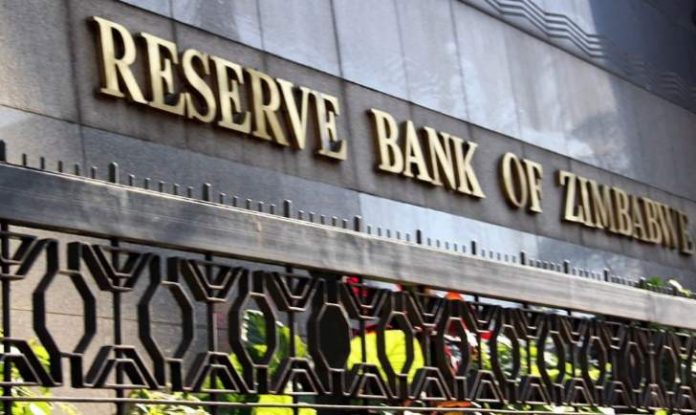Pride Mzarabani
HARARE – The Reserve Bank of Zimbabwe has issued Exchange Control Circular No. 3 of 2024 which seeks to tighten controls on foreign exchange transactions.
The key provision of the circular is aimed at preventing the duplication of invoices through different Authorized Dealers.
RBZ recognizes that many companies are multi-banked, but it has imposed limits on the number of invoices that can be submitted to different banks for the same goods.
The measure is intended to prevent companies from manipulating the foreign exchange market by submitting multiple invoices for the same transaction.
To ensure compliance, Authorized Dealers are required to verify that their clients have not submitted the same invoice through another bank. This verification is done through the completion of the Importer Declaration Form.
Furthermore, the circular encourages market participants to utilize foreign exchange efficiently and avoid speculative stockpiling. The Reserve Bank will conduct regular checks to monitor compliance with this directive.
RBZ also prohibits the use of loan proceeds to participate in the interbank foreign exchange market.
The RBZ notice also highlighted that market participants must declare that the ZiG balances used for foreign exchange transactions are not derived from local borrowings.
Importers with sufficient foreign currency balances, the circular advises them to prioritize using their funds for foreign payments before accessing the interbank market or pipeline demand.
Companies intending to fund payments from the interbank market shall sign the Importers Declaration Form that they do not have sufficient balances.
Authorized Dealers are responsible for ensuring that all market participants adhere to the Exchange Control regulations outlined in the circular. Failure to comply may result in penalties or even exclusion from the interbank market.














